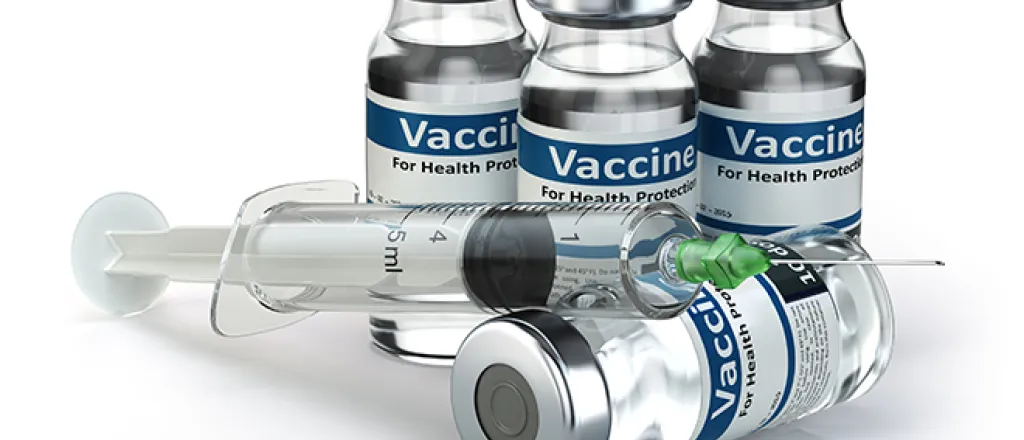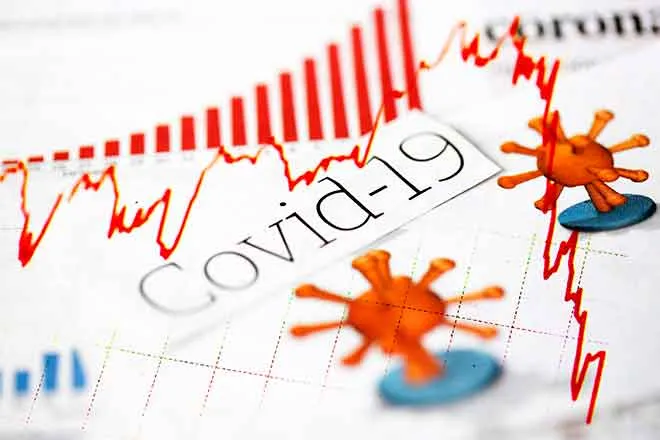
Are you ready for the flu season?
Frequently Asked Flu Questions 2018-2019 Influenza Season
What’s new this flu season?
A few things are new this season:
- Flu vaccines have been updated to better match circulating viruses [the B/Victoria component was changed and the influenza A(H3N2) component was updated].
- For the 2018-2019 season, the nasal spray flu vaccine (live attenuated influenza vaccine or “LAIV”) is again a recommended option for influenza vaccination of persons for whom it is otherwise appropriate. The nasal spray is approved for use in non-pregnant individuals, 2 years through 49 years of age. There is a precaution against the use of LAIV for people with certain underlying medical conditions. All LAIV will be quadrivalent (four-component).
- Most regular-dose egg-based flu shots will be quadrivalent (four components).
- All recombinant vaccine will be quadrivalent. (No trivalent recombinant vaccine will be available this season.)
- Cell-grown flu vaccine will be quadrivalent. For this vaccine, the influenza A(H3N2) and both influenza B reference viruses will be cell-derived, and the influenza A(H1N1) will be egg-derived. All these reference viruses will be grown in cells to produce the components of Flucelvax.
- No intradermal flu vaccine will be available.
- The age recommendation for “Fluarix Quadrivalent” was changed from 3 years old and older to 6 months and older after the annual recommendations were published last season to be consistent with Food and Drug Administration (FDA)-approved labeling.
- The age recommendation for Afluria Quadrivalent was changed from 18 years old and older to 5 years old and older after the annual recommendations were published last season to be consistent with Food and Drug Administration (FDA)-approved labeling.
What flu vaccines are recommended this season?
For the 2018-2019 flu season, providers may choose to administer any licensed, age-appropriate flu vaccine (IIV, RIV4, or LAIV4).
Options this season include:
- Standard dose flu shots. These are given into the muscle. They are usually given with a needle, but two (Afluria and Afluria Quadrivalent) can be given to some people (those aged 18 through 64 years) with a jet injector.
- High-dose shots for older people.
- Shots made with adjuvant for older people.
- Shots made with virus grown in cell culture.
- Shots made using a vaccine production technology (recombinant vaccine) that does not require the use of flu virus.
- Live attenuated influenza vaccine (LAIV) – or the nasal spray vaccine – is also an option for use during the 2018-2019 season for persons whom it is otherwise appropriate.
There is a table showing all flu vaccines that are FDA-approved for use in the United States during the 2018-2019 season.
What viruses will the 2018-2019 flu vaccines protect against?
There are many different flu viruses and they are constantly changing. The composition of U.S. flu vaccines is reviewed annually and updated as needed to match circulating flu viruses. Flu vaccines protect against the three or four viruses (depending on vaccine) that research suggests will be most common. For 2018-2019, trivalent (three-component) vaccines are recommended to contain:
- A/Michigan/45/2015 (H1N1)pdm09-like virus
- A/Singapore/INFIMH-16-0019/2016 A(H3N2)-like virus (updated)
- B/Colorado/06/2017-like (Victoria lineage) virus (updated)
Quadrivalent (four-component) vaccines, which protect against a second lineage of B viruses, are recommended to contain:
- the three recommended viruses above, plus B/Phuket/3073/2013-like (Yamagata lineage) virus
When should I get vaccinated?
You should get a flu vaccine before flu begins spreading in your community. It takes about two weeks after vaccination for antibodies that protect against flu to develop in the body, so make plans to get vaccinated early in fall, before flu season begins. CDC recommends that people get a flu vaccine by the end of October. Getting vaccinated later, however, can still be beneficial and vaccination should continue to be offered throughout flu season, even into January or later.
Children who need two doses of vaccine to be protected should start the vaccination process sooner, because the two doses must be given at least four weeks apart.
Can I get a flu vaccine if I am allergic to eggs?
The recommendations for people with egg allergies are the same as last season.
- People who have experienced only hives after exposure to egg can get any licensed flu vaccine that is otherwise appropriate for their age and health.
- People who have symptoms other than hives after exposure to eggs, such as angioedema, respiratory distress, lightheadedness, or recurrent emesis; or who have needed epinephrine or another emergency medical intervention, can also get any licensed flu vaccine that is otherwise appropriate for their age and health, but the vaccine should be given in a medical setting and be supervised by a health care provider who is able to recognize and manage severe allergic conditions. (Settings include hospitals, clinics, health departments, and physician offices). People with egg allergies no longer have to wait 30 minutes after receiving their vaccine.
Implications of Cell-Based Vaccines
Why is it significant that cell-grown vaccine reference viruses are used to produce some components of one type of flu vaccine?
Cell-grown reference viruses do not have the changes that are present in egg-grown reference viruses, so they should be more similar to circulating “wild-type” viruses. Vaccine effectiveness depends in part on the match between the vaccine virus and circulating flu viruses.
Is flu vaccine made using a cell-grown reference virus and cell-based technology more effective than vaccine made using an egg-grown reference virus and egg-based technology?
While the use of cell-grown reference viruses and cell-based technology may offer the potential for better protection over traditional, egg-based flu vaccines because they result in vaccine viruses that are more similar to flu viruses in circulation, there are no data yet to support this. There is no preferential recommendation for one injectable flu vaccine over another.
















